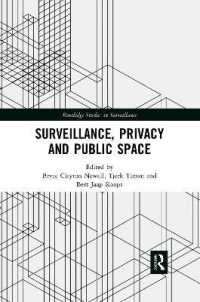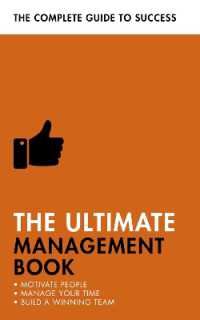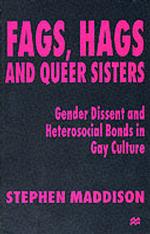- ホーム
- > 洋書
- > ドイツ書
- > Humanities, Arts & Music
- > Linguistics
- > general surveys & lexicons
Description
(Text)
Chiara Bozzone: Weaving Songs for the Dead in Indo-European: Women Poets, Funerary Laments, and the Ecology of k léu os; Andrea Lorenzo Covini: PIE g eh2- 'to gape, open the mouth'; José L. García Ramón: Hera and Hero: Reconstructing Lexicon and God-names; Daniel Kölligan: PIE h2ei d- 'to reveal' and its Descendants; Martin Kümmel: Is Ancient Old and Modern New? Fallacies of Attestation and Reconstruction (with Special Focus on Indo-Iranian); Jesse Lundquist: On the Accentuation of Compound s-Stem Adjectives in Greek and Vedic; Laura Massetti: The Belly of an Indo-European: Some Greek and Iranian Cognates of PIE merg - 'to divide, cut'; Teigo Onishi and Kanehiro Nishimura: Inseparable Etymologies: Latin crinis, Greek , and Related Forms in Germanic; Ryan Sandell: R gvedic sáktivant-: Accentuation and Statistical Modeling of Allomorph Selection in Vedic -mant/vant-stems; Chelsea Sanker: Phonetic Features of the PIE "Laryngeals": Evidence from Misperception Data of Modern Postvelars; Matilde Serangeli: PIE mel-: Some Anatolian and Greek Thoughts-Gk. mi , Hitt. mala- i/malai-mi, CLuv. mali(ya)-; Elizabeth Tucker: Is It Time to Re-Evaluate the Contribution Which the Atharvaveda Can Make to Indo-Iranian and Indo-European Historical Linguistics?; Seán D. Vrieland: Old Norse Genitive Singular -ar in Thematic Nouns; Anthony D. Yates: Hittite Stressed Vowel Lengthening and the Phonology-Orthography Interface








